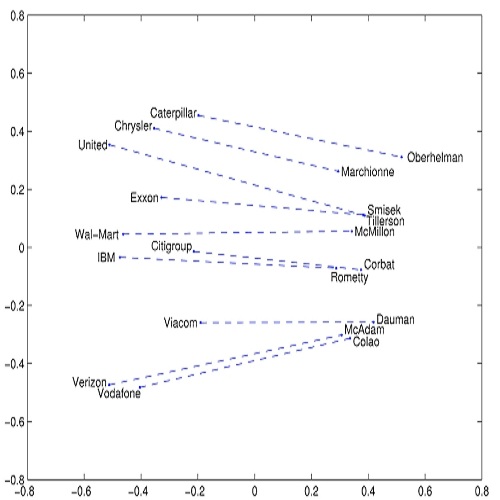QA models based on pretrained language mod-els have achieved remarkable performance onv arious benchmark datasets.However, QA models do not generalize well to unseen data that falls outside the training distribution, due to distributional shifts.Data augmentation(DA) techniques which drop/replace words have shown to be effective in regularizing the model from overfitting to the training data.Yet, they may adversely affect the QA tasks since they incur semantic changes that may lead to wrong answers for the QA task. To tackle this problem, we propose a simple yet effective DA method based on a stochastic noise generator, which learns to perturb the word embedding of the input questions and context without changing their semantics. We validate the performance of the QA models trained with our word embedding perturbation on a single source dataset, on five different target domains.The results show that our method significantly outperforms the baselineDA methods. Notably, the model trained with ours outperforms the model trained with more than 240K artificially generated QA pairs.
翻译:基于预先培训的语言模式的质量保证模型在各种基准数据集上取得了显著的成绩。 然而,由于分布式转换,质量保证模型没有很好地概括到培训分发之外的不可见的数据。 数据增强(DA)技术,即投放/替换单词,已证明能够有效地使模型正规化,使其从过度适应培训数据。 Yet,它们可能会对质量保证任务产生不利影响,因为它们产生语义变化,可能导致QA任务错误的答案。为了解决这一问题,我们建议一种简单而有效的指定局方法,其基础是随机噪声生成器,该方法学会在不改变语义的情况下插入输入问题和上下文的词。我们验证了用我们的语言在五个不同的目标领域嵌入一个单一源数据集的质量保证模型的性能。结果显示,我们的方法大大超越了基线DA方法。值得注意的是,经过我们培训的模型比经过培训的模型优于240K人工生成的QA配方。




